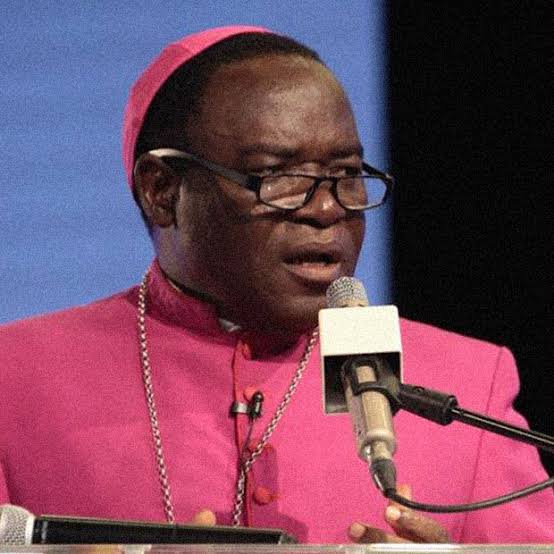Bishop Kukah Criticises Nigeria’s Leadership Challenges, Calls for Authentic Leadership.
The Catholic Archbishop of Sokoto Diocese, Bishop Matthew Kukah, has described Nigeria’s leadership trajectory as largely accidental, with most leaders assuming power unprepared. He made these remarks during his keynote address at the 4th Amaka Ndoma-Egba Memorial Lecture in Abuja over the weekend.
The lecture, themed “Leaders of Tomorrow: Creating Lasting Change In A Complex World,” highlighted the late Amaka Ndoma-Egba’s vision and contributions. Amaka, the wife of former Senate Leader Ndoma Egba, tragically passed away in a car accident in 2020.
The event was hosted at Start-Rite Schools, Abuja, where a legacy building in her honour was commissioned by Cross River Governor Senator Bassey Otu.

Reflecting on Nigeria’s leadership history, Kukah stated that the country’s heads of state, including President Bola Tinubu and his predecessors, often came into power through unforeseen circumstances.
“I don’t want to bore you, but run through [Nigeria’s leadership history], and you’ll find that almost everybody who came to power in Nigeria was the result of one accident or the other,” Kukah remarked.
He outlined a pattern of unprepared leadership, citing examples:
– Tinubu, though perceived as prepared, inherited a struggling nation.
– Buhari, his immediate predecessor, “had already given up” by the end of his tenure.
– Jonathan unexpectedly ascended from vice president after Yar’Adua’s death, while Yar’Adua himself initially planned to return to academia after his governorship.
– Obasanjo transitioned from prison to power, Abacha was posthumously succeeded, and Shonekan was abruptly called to lead while focusing on corporate duties.
Kukah attributed Nigeria’s leadership challenges to a lack of knowledge, capacity, and vision among leaders. He emphasised that leadership should transcend office-holding and involve genuine influence and service to the people.
“Nigerians are impatient with democracy because it’s hardly meeting their expectations,” he said. While acknowledging that Nigeria’s democratic progress remains imperfect, Kukah urged citizens to embrace realistic goals and prioritise minimum conditions for effective governance.
“Perfect places don’t exist, and we shouldn’t seek leaders to take us there. Instead, we need bold, courageous, and patriotic leaders who set clear goals,” he added.
Bishop Kukah concluded with a call for a shift in perspective regarding leadership in Nigeria. He urged the nation to focus on fostering a leadership culture rooted in knowledge, patriotism, and service to citizens, ensuring a brighter future for the next generation.


